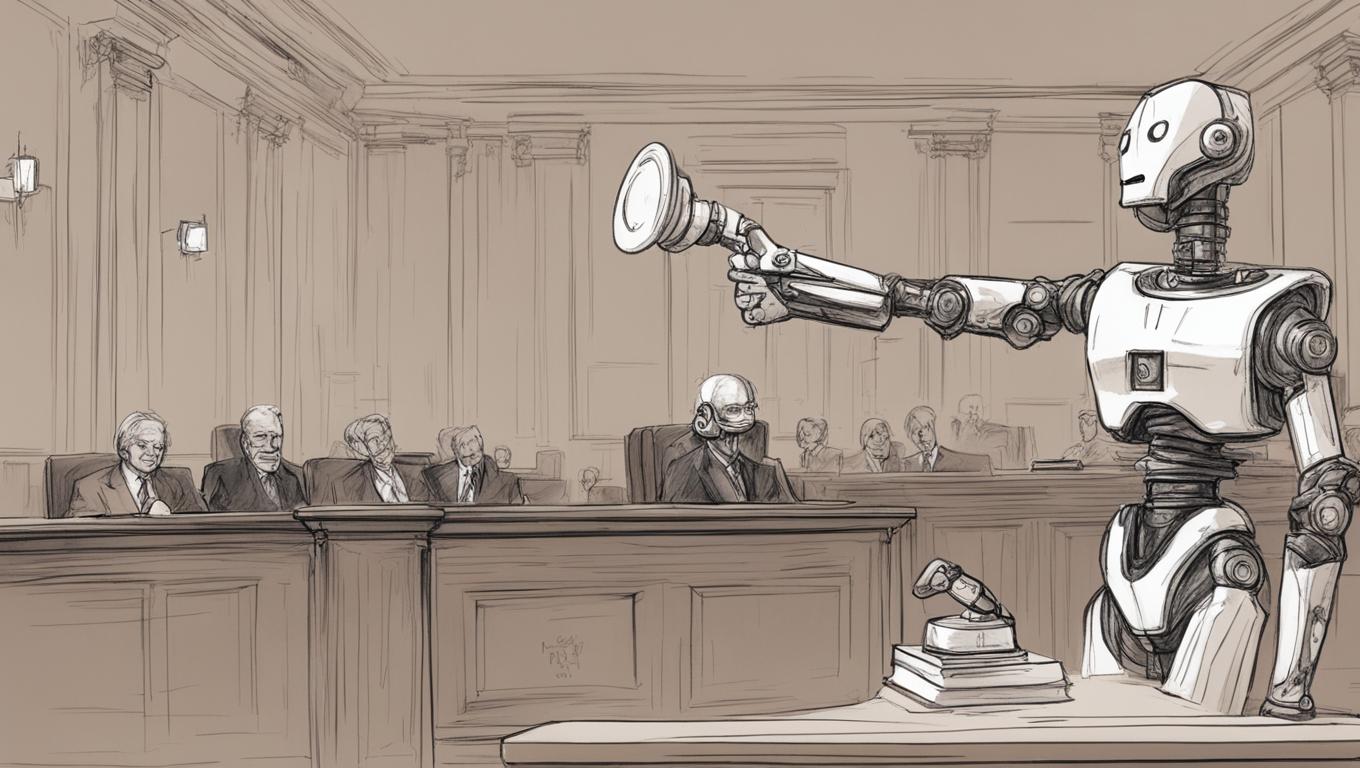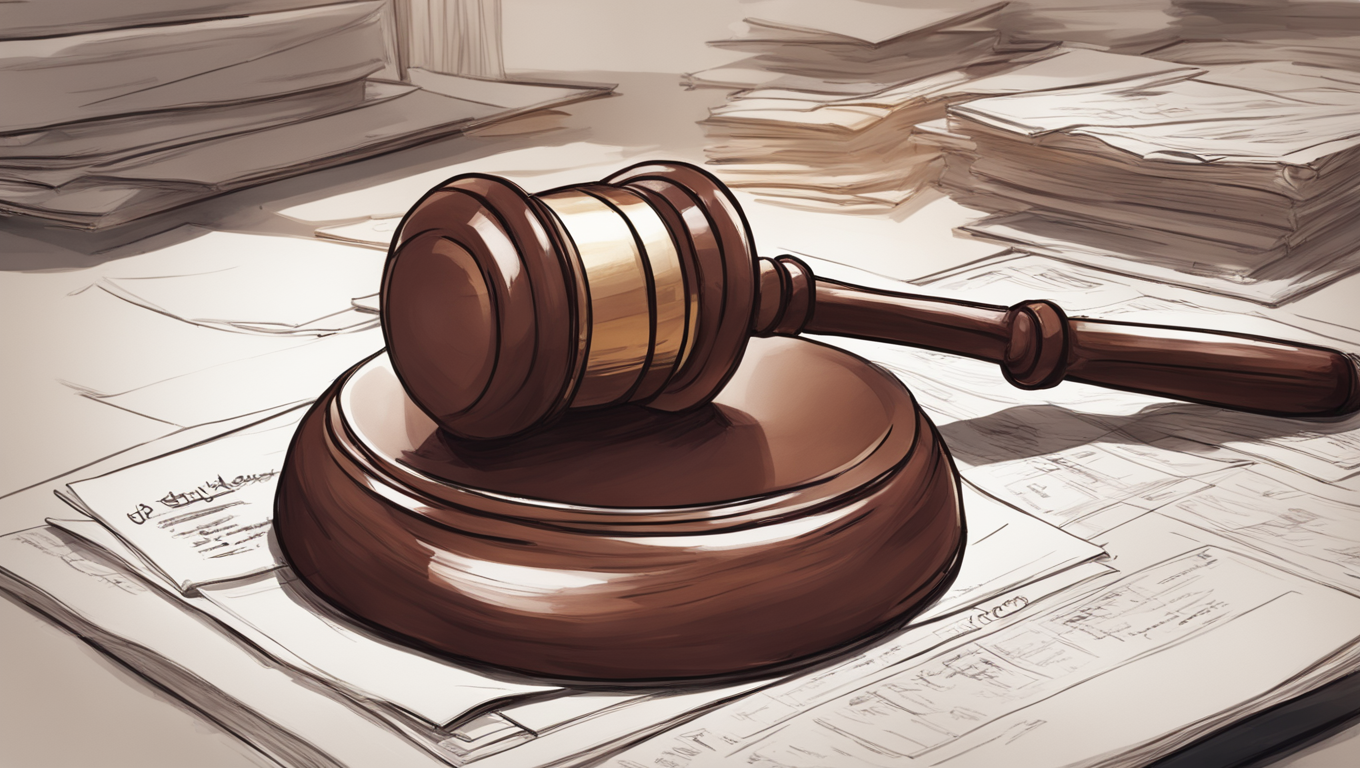In a recent federal lawsuit that claims Minnesota’s “Use of Deep Fake Technology to Influence An Election” law violates constitutional rights, the use of AI-generated evidence has come to light. Attorneys challenging the law have raised concerns about the authenticity of an affidavit submitted in support of the law, suggesting that it contains AI-generated text. This revelation has prompted questions about the reliability of AI-generated evidence and may have far-reaching implications for future court cases involving deepfake technology.
The affidavit in question was filed by Attorney General Keith Ellison, who enlisted Stanford Social Media Lab founding director Jeff Hancock to create the submission. However, upon closer inspection, it becomes apparent that the affidavit includes citations to non-existent sources. The Minnesota Reformer reports that there is no record of the 2023 study titled “The Influence of Deepfake Videos on Political Attitudes and Behavior” in the Journal of Information Technology & Politics or any other publication. Additionally, another source cited in Hancock’s declaration, “Deepfakes and the Illusion of Authenticity: Cognitive Processes Behind Misinformation Acceptance,” cannot be found.
Lawyers representing Minnesota state Rep. Mary Franson and Christopher Khols, a conservative YouTuber known as Mr Reagan, have raised serious concerns about the authenticity of the affidavit. They suggest that the citations appear to have been “hallucinated” by a large language model like ChatGPT, an AI system known for its language generation capabilities. This revelation casts doubt on the entire document and raises questions about the methodology and analytical logic behind it.
The use of AI-generated evidence presents a unique challenge for the legal system. As AI technologies become more advanced, they are increasingly capable of creating text, images, and videos that are indistinguishable from real ones. This raises concerns about the potential manipulation of evidence and the erosion of trust in the legal process.
Attorney General Ellison and Jeff Hancock have not yet provided a response to the allegations surrounding the AI-generated evidence. However, this lawsuit serves as a wake-up call for the legal community to address the potential implications of AI-generated evidence. As attorney Alan Wertheimer notes, “The problem is that by relying on AI-generated evidence, we introduce a new level of uncertainty and unreliability into the judicial process.”
The implications of this lawsuit extend beyond Minnesota and have broader implications for the use of deepfake technology in legal proceedings. In recent years, deepfakes have become increasingly sophisticated, posing significant challenges for law enforcement, intelligence agencies, and the general public. The introduction of AI-generated evidence into the mix adds another layer of complexity to an already complex issue.
As we grapple with the proliferation of deepfakes and the challenges they present, it is crucial to develop robust regulations and legal frameworks that can effectively address these issues. The potential for misuse and manipulation of AI-generated evidence highlights the need for careful consideration and oversight.
In a world where AI technology continues to advance at an exponential pace, it is essential to anticipate and address the potential consequences and challenges that arise. As attorney Mary Henning emphasizes, “We need to be prepared to confront the deepfake dilemma head-on and devise strategies to mitigate its impact on our legal system.”
The outcome of this lawsuit will undoubtedly shape the future of deepfake regulations and the use of AI-generated evidence in courtrooms. As we await further developments, it is clear that the issue of deepfakes and AI-generated evidence is one that demands our attention and careful consideration. The legal community must navigate this complex terrain to uphold the principles of justice and ensure the integrity of our legal system in the face of evolving AI technologies.





Use the share button below if you liked it.